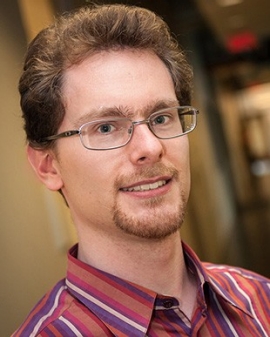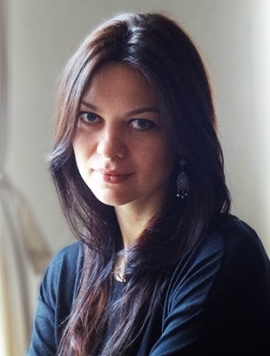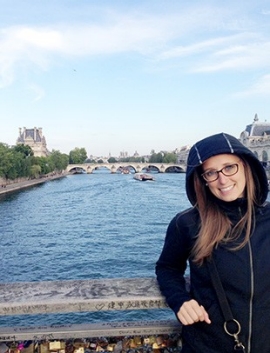“Encryption is present in everything we do, from your phone to online banking,” says Carnavalet, who’s originally from Nice, France. “In security, there are two aspects: the defenders and the attackers. The attackers, if I may quote Star Wars, are the ‘dark side of the Force.’”
Carnavalet’s winning project for the Vanier scholarship is about shutting out the attackers and protecting computer memory.
“Computers operate on data and store temporary information in the system's main memory (the RAM). Whoever accesses the content of that memory can extract valuable ‘secrets,’ such as passwords and encryption keys,” says Carnavalet, who is part of the The Madiba Security Research Group at Concordia.
“A motivated adversary who targets a specific high-value user or organization is able to seize these secret keys from a computer's memory and reveal sensitive contents.”
So, what does he propose? “I would like to leverage the latest technologies offered in today’s computers, as part of the Trusted Computing Group technology, which are not currently studied for this specific purpose, to propose a novel way of protecting data in memory.”
The Vanier scholarship will allow Carnavalet to continue his research by providing financial independence.
“I’m still progressing in the unknown,” he says. “That’s what research is.”
Ilona Jurkonytė: spotlight on Lithuanian film
Growing up in Lithuania, Vanier scholarship winner Ilona Jurkonytė lived through the socio-political transition from Soviet state to independent nation. Now, she plans to focus her research on Lithuanian cinema, which has received little scholarly attention.


 “I’m still progressing in the unknown,” says Xavier de Carné de Carnavalet, one of three recipients of a Vanier Canada Graduate Scholarship at Concordia. “That’s what research is.”
“I’m still progressing in the unknown,” says Xavier de Carné de Carnavalet, one of three recipients of a Vanier Canada Graduate Scholarship at Concordia. “That’s what research is.”


